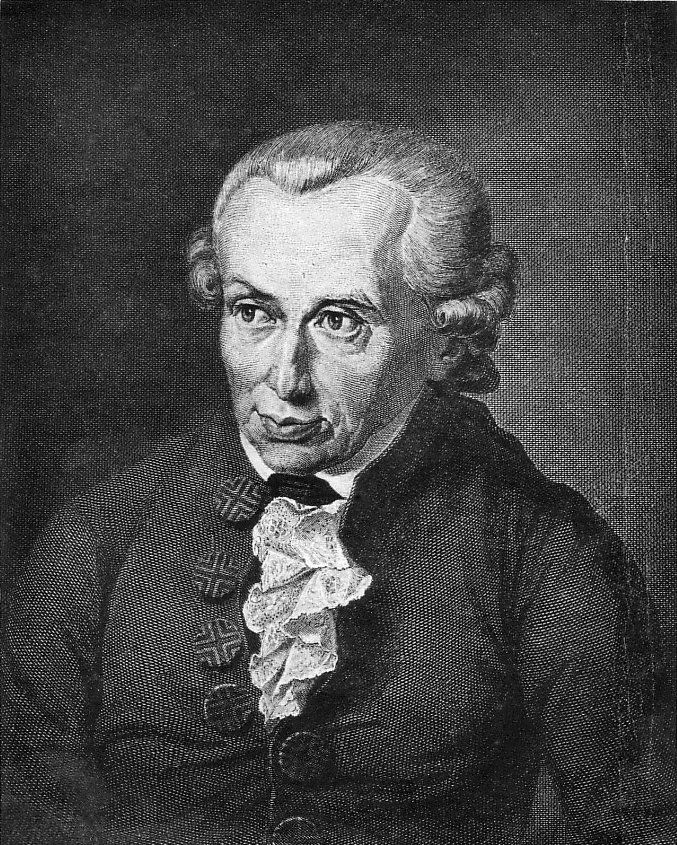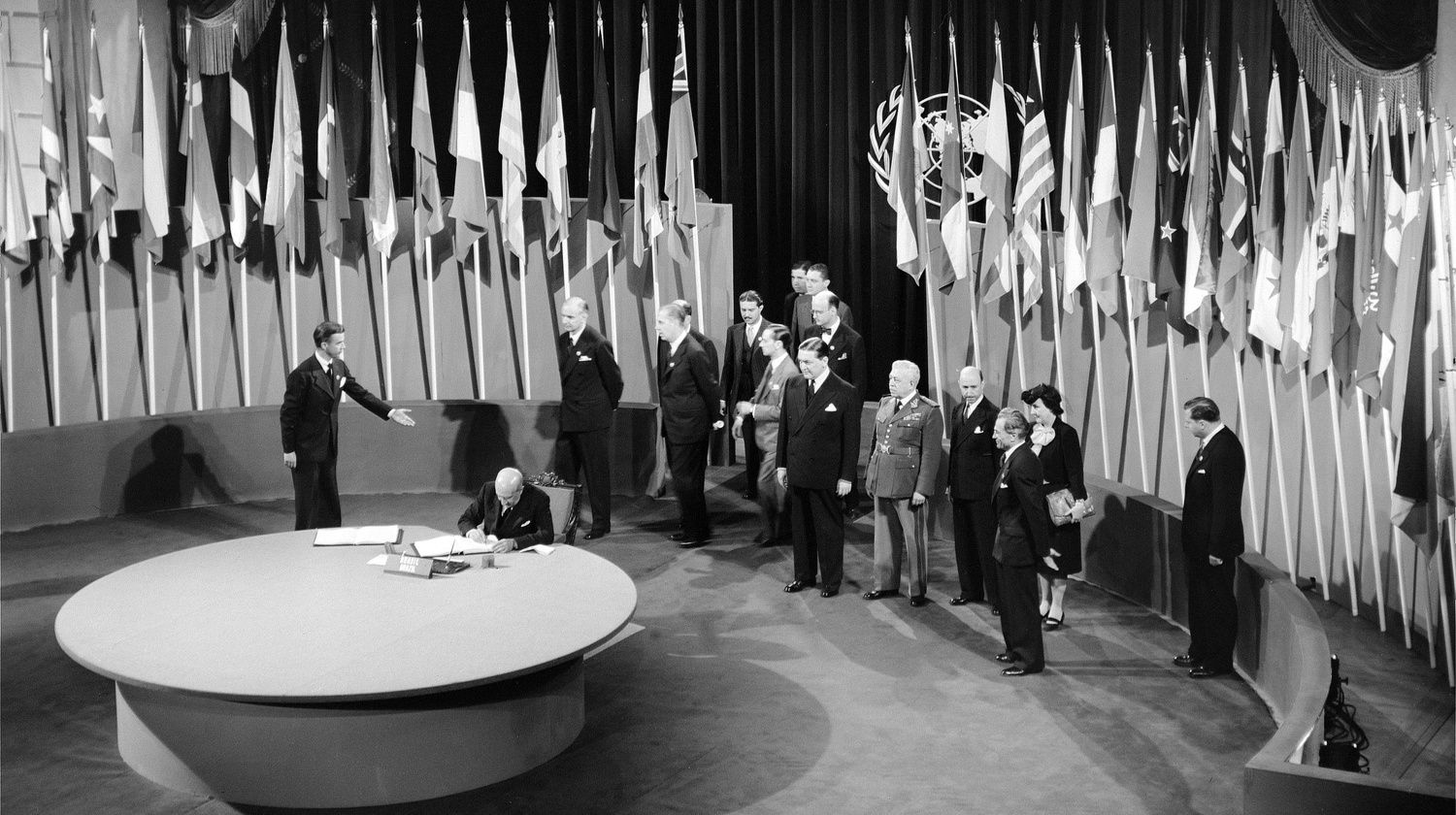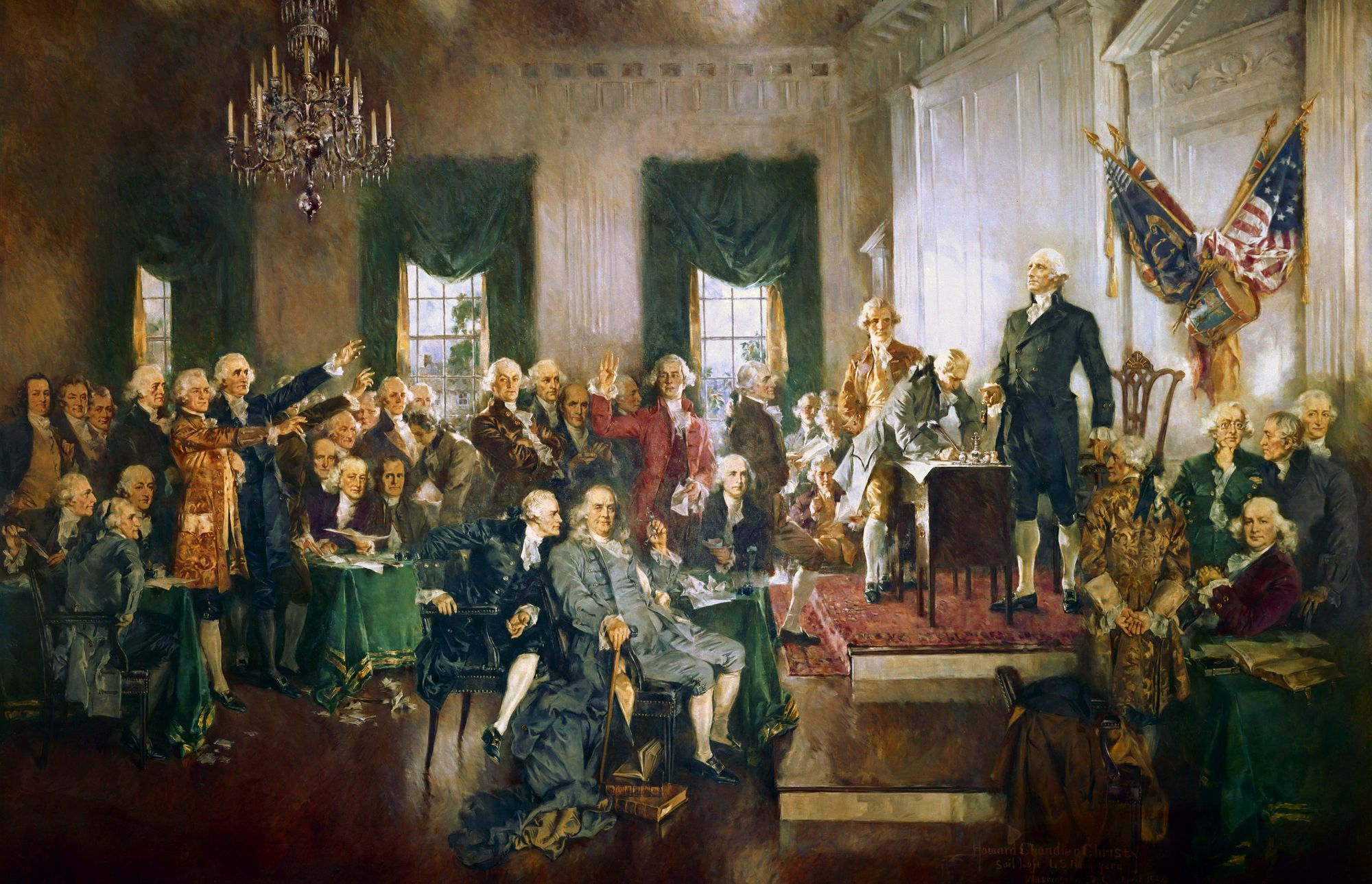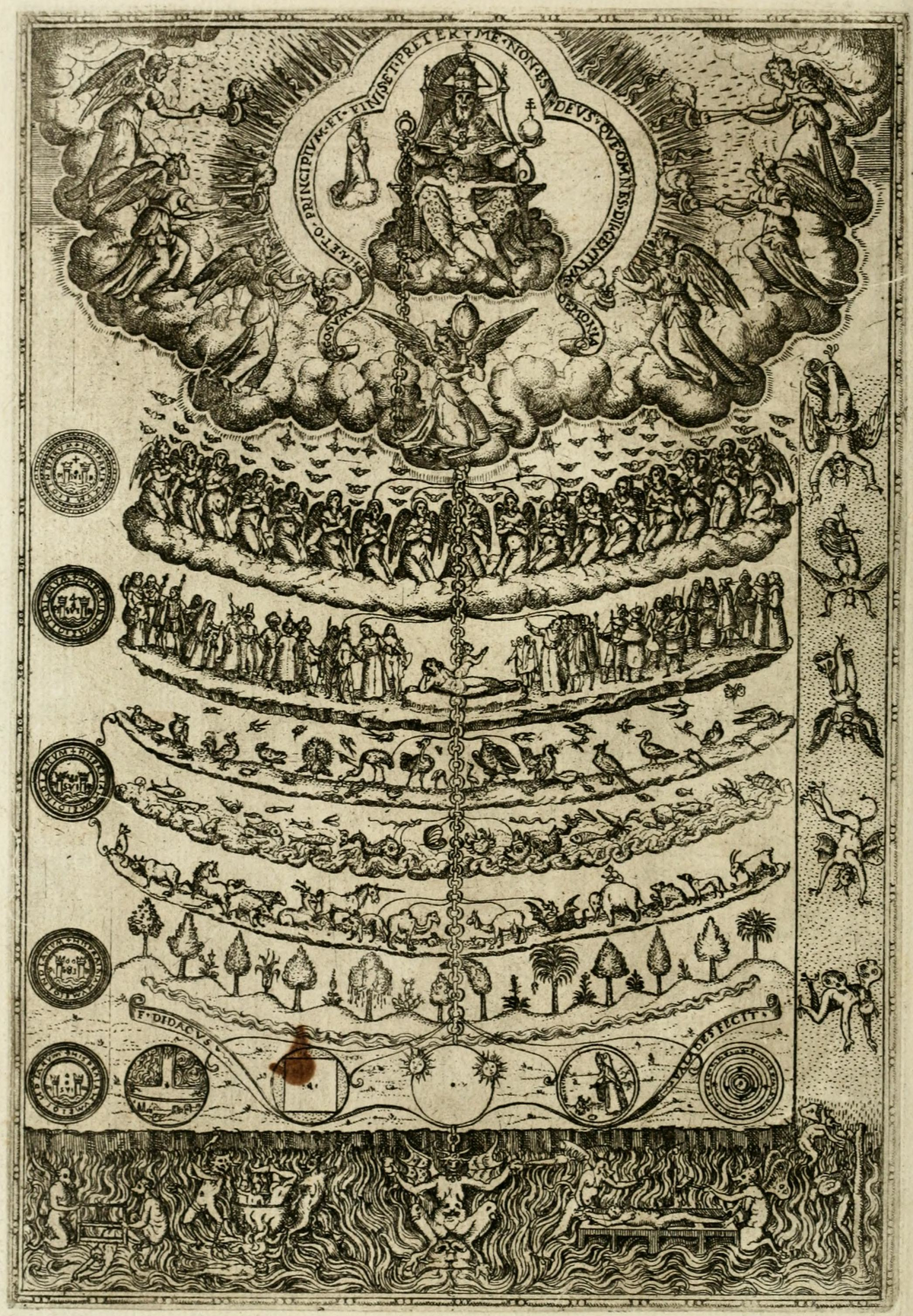Pacta sunt servanda is a series on legal history with focuses on comparative constitutional law, international public law, and legal philosophy. There is no consensus definition of 'law': it is positive and natural, common and civil, religious and secular, public and private, customary and codified, language game and universal code. Though we will in this series deal primarily in questions of history, our analysis will also be informed by insights from the fields of geography, economics, philosophy, anthropology, linguistics, sociology, and politics. With an interdisciplinary approach and an awareness of the instability of its subject, Pacta sunt servanda examines our laws in the fullness of their material and discursive histories.
Hobbes and Foucault: the Mercantile State and the Ontology of Early Capitalism
Hobbes and Foucault: the Mercantile State and the Ontology of Early Capitalis By Nicholas Rice YC ’23 Edited by Judah Millen ’24 Introduction This essay will seek to explain the ontology of early capitalism in the eighteenth and nineteenth centuries through the lens of the rise of t…

Aesthetics and Politics: Tracing the Emergence of Liberal and Conservative Structures of Feeling in Alexander Pope, Edmund Burke, and Immanuel Kant
Pacta Sunt ServandaVolume IV: December 9, 2021Written by Nicholas RiceEdited by Judah Millen IntroductionThis essay will investigate the connections between the aesthetic and political philosophies of Alexander Pope, Edmund Burke, and Immanuel Kant, arguing that we can trace in them the development…

Theorising the ‘State of Nature’: Colonial Logics in Hobbes and Locke
Pacta sunt servandaVolume III: July 8, 2021Written by Nicholas RiceJohn Vanderlyn, Landing of Columbus, Oil on canvas 12′ x 18′, 1847, located in the Capitol Rotunda, Washington DC, USAIntroductionHobbes’s Leviathan (1651) and Locke’s Second Treatise Concerning Government (1689) both advance politic…

The U.S. Constitution and the American Retreat from Internationalism: Constitutional Explanations for the post-1945 Decline in Treaty Ratification
Pacta sunt servanda Volume II: April 1, 2021 Written by Nicholas Rice The US signs the UN Charter. Edward Reilly Stettinius, Jr., Secretary of State,Chairman of the delegation from the United States, signing the UN Charter at aceremony held at the Veterans’ War Memorial Building on 26 June 19…

Explaining and Evaluating the American Unitary Executive: Biographical and Constitutional Perspectives on France, Haiti, and the Bolívarian States
Pacta sunt servanda Volume I: February 22, 2021Written by Nicholas Rice Edited by Philip Mousavizadeh -------------------------------------------------------------------------------- IntroductionThe framers of the American Constitution vested the “executive Power” (art. II,§ 1, cl. 1) of the…


